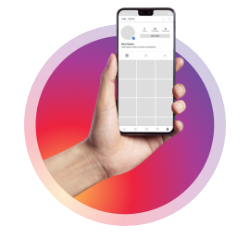
Liposuction is a cosmetic surgical procedure that removes unwanted fat from specific areas of the body, including the abdomen, thighs, buttocks, hips, arms, and neck. The procedure involves making small incisions in the targeted area and using a suction device to remove excess fat. Liposuction can be performed alone or in combination with other cosmetic procedures, such as a tummy tuck or breast reduction.
Liposuction is not a weight-loss method and is not recommended for individuals who are significantly overweight. Rather, it is a body contouring procedure designed to improve the appearance of specific areas of the body. Patients should have realistic expectations and understand that liposuction is not a substitute for a healthy diet and exercise.
While liposuction is generally safe, there are risks associated with any surgical procedure, including bleeding, infection, and adverse reactions to anesthesia. Patients should carefully consider the risks and benefits of the procedure and discuss their goals and concerns with a qualified and experienced plastic surgeon before making a decision.
With advancements in technology and techniques, liposuction has become a more effective and less invasive procedure than ever before. Recovery times are relatively short, and patients can expect to return to work and normal activities within a few days to a week following the procedure. Overall, liposuction can be a life-changing procedure for individuals looking to improve their body contours and boost their self-confidence.



